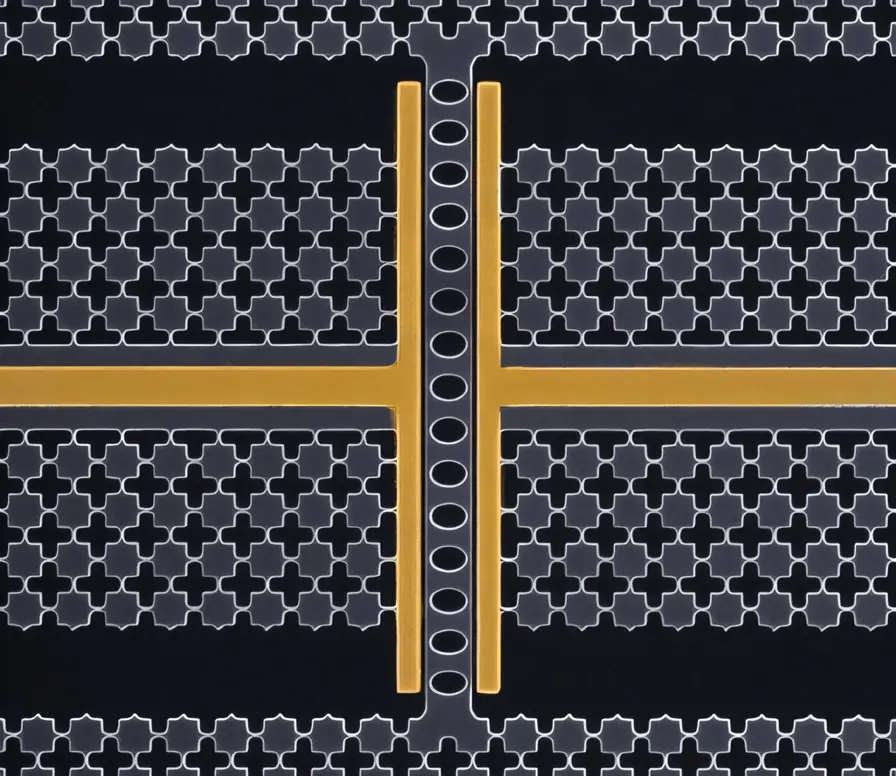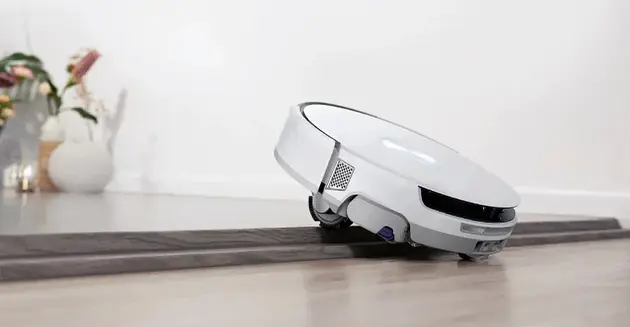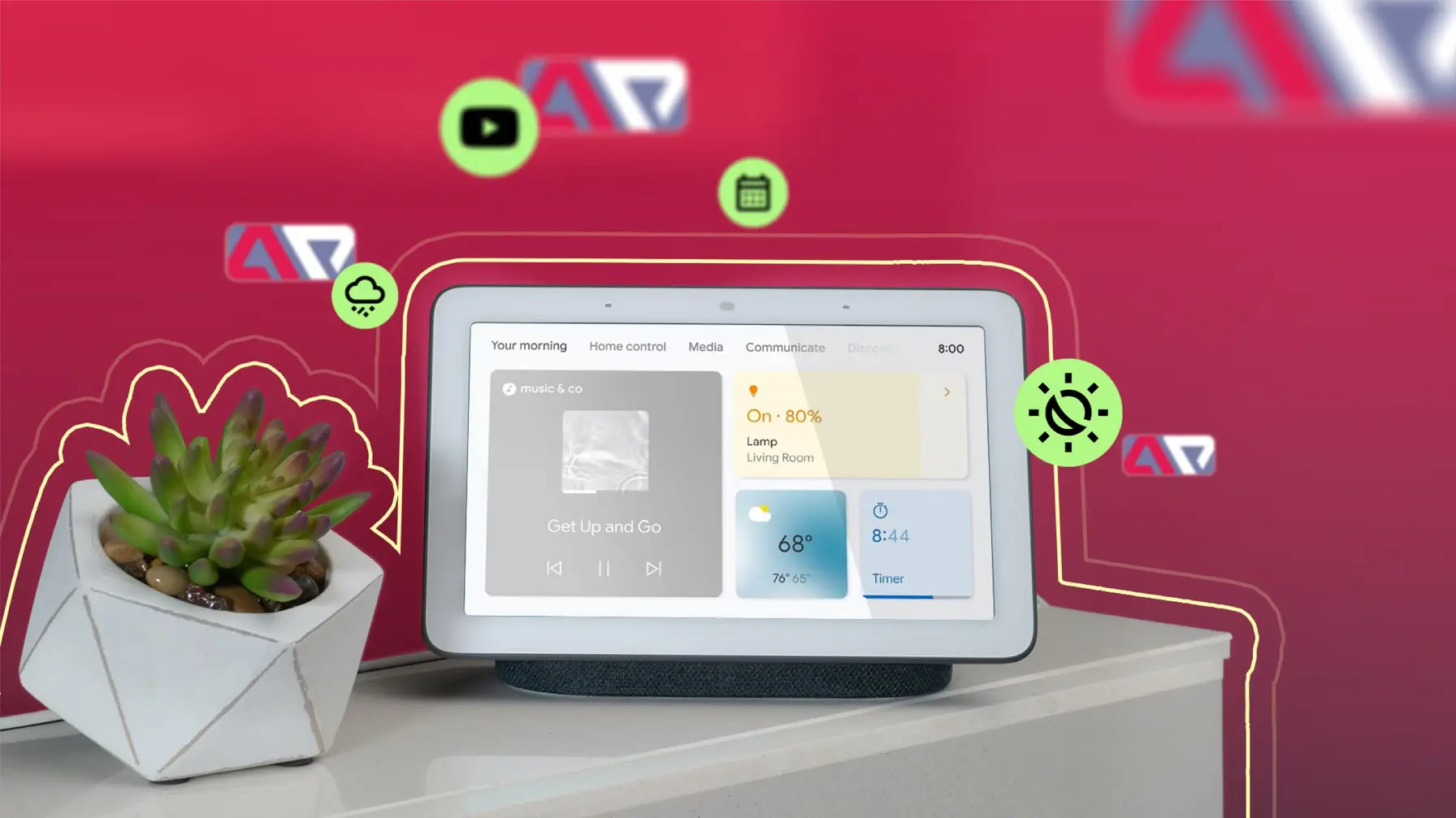T4K3.news
Quantum memory gains via sound storage
Caltech researchers show a mechanical memory for microwave photons that lasts longer than current qubits, a step toward scalable quantum devices.

Caltech researchers link a superconducting qubit to a mechanical oscillator to store quantum information as sound, achieving up to 30 times longer storage.
Using sound to remember quantum information 30 times longer
Caltech researchers connected a superconducting qubit on a chip to a tiny mechanical oscillator, a tuning fork that vibrates at gigahertz frequencies. They convert electrical quantum information into phonons, store it in the oscillator, and retrieve it later. In tests, the stored quantum state lasted up to 30 times longer than the best superconducting qubits, a major gain for quantum memories.
The team notes the approach is compact because acoustic waves travel slower than electromagnetic waves, helping prevent energy from leaking away. The design could allow many tuners on a single chip, enabling scalable memories. The work, published in Nature Physics, shows a path toward practical quantum devices, though engineers must still raise the interaction rate by several times to enable faster read and write operations.
Key Takeaways
"These oscillators have a lifetime about 30 times longer than the best superconducting qubits out there"
Key data point on storage lifetime advantage
"for this platform to be truly useful for quantum computing, you need to be able to put quantum data in the system and take it out much faster"
Describes a practical requirement for usefulness
"Once you have a quantum state you might not want to do anything with it immediately"
Motivation for quantum memory
"Acoustic waves travel much slower than electromagnetic waves enabling more compact devices"
Notes practical advantage for design
This advance signals a shift toward hybrid quantum systems that mix electrical qubits with mechanical memory. The promise is clear: longer storage with lower energy loss and more compact devices. If researchers can repeat and scale these results, memory could become a standard building block rather than an afterthought.
Yet the path ahead is crowded with challenges. Increasing the rate at which information moves between the qubit and the memory will determine practical usefulness. Funding, fabrication, and cross device interference will shape whether this memory becomes routine hardware or remains a niche technology.
Highlights
- Sound memory could extend quantum life on chips
- A tuning fork on a chip may link memory and compute
- Phonons help quantum states last longer on a chip
- Memory by listening to the quantum remix
Researchers will watch how this memory approach blends with other quantum technologies.
Enjoyed this? Let your friends know!
Related News

Gadgets of the week push practical tech forward

Apple details training of new AI models

New details emerge about Idaho murders

New hotfixes released for World of Warcraft gameplay issues

Smart displays still matter in daily life

Smollett charts comeback with Netflix doc and music release

Ohio couple celebrates birth from embryo frozen for over 30 years

Mafia: The Old Country performance details announced
